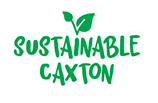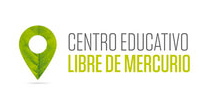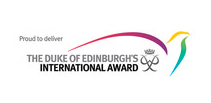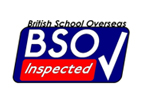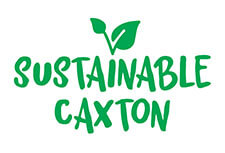At Caxton College we chose to design our own curriculum with creativity at its heart as creativity has been shown to accelerate learning through engaging the left and right sides of the brain simultaneously. While it fulfils the statutory requirements of the 2014 National Curriculum for England and Wales, it is enhanced with our skills based Creative Curriculum.
The Creative Curriculum is a project-based method of learning through motivational topics such as ‘Incredible Egypt’, ‘Rattle My Bones’ and ‘Chocolate Fairness’. Children become historians, artists, scientists and writers in topics which are designed to spark their natural curiosity and encourage a thirst for learning.
Each topic begins with an emotional ‘hook’ such as an inspirational speaker, a workshop or a model-making day. Once the brain is engaged, pupils are motivated and ready to learn. All learning styles and senses are engaged through teacher-designed topics and lessons, giving everyone an opportunity to shine, whatever their talent.
Topics finish with an ‘exit point’, the final product of the project and the element that makes the learning experience purposeful. Pupils strive to complete projects to a high standard and show a true sense of pride at their achievements. This could be an interactive art gallery, a debate about energy sources or attending an Oscars Ceremony!
Pupils coming from our Foundation Stage begin Key Stage 1 with a firm grounding in English. All subjects, apart from Spanish Language, Spanish Social Studies and the Valencian language, are taught in English.
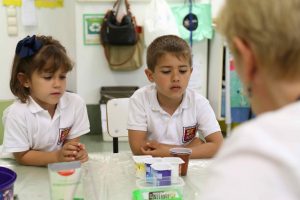
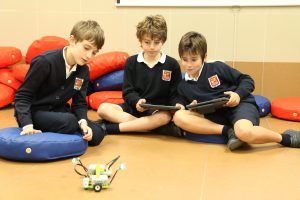
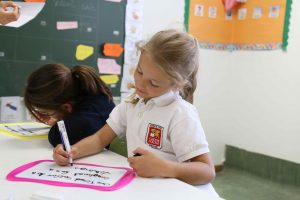
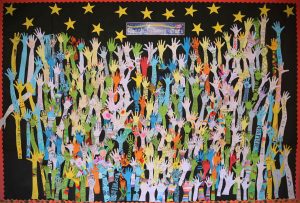 This subject, taught in English, enables pupils to develop personally as caring members of the community with feelings of self confidence, self worth and high esteem. They will learn to value themselves and the environment around them, as well as to better understand other people and cultures.
This subject, taught in English, enables pupils to develop personally as caring members of the community with feelings of self confidence, self worth and high esteem. They will learn to value themselves and the environment around them, as well as to better understand other people and cultures.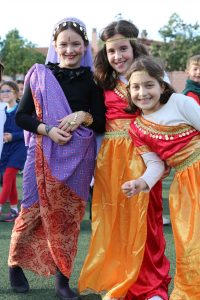
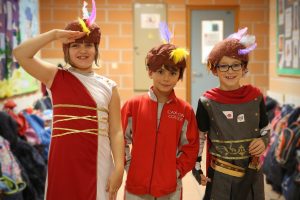
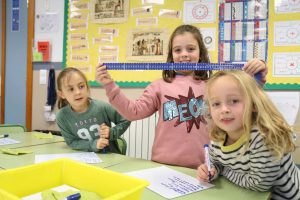
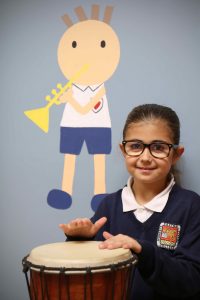
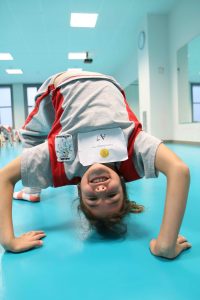
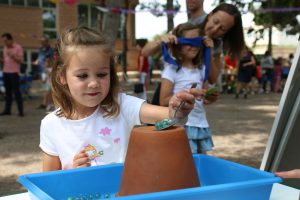
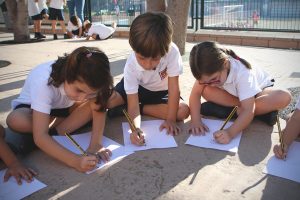 Our aim is for international pupils to attain competence in the Spanish language as a tool for communication that will help them to integrate more fully into new surroundings, a new culture and a new school.
Our aim is for international pupils to attain competence in the Spanish language as a tool for communication that will help them to integrate more fully into new surroundings, a new culture and a new school.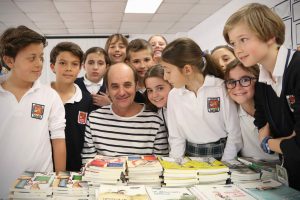 Children in Year 1 have five lessons per week taught by a specialist teacher. In Year 2, children have three lessons.
Children in Year 1 have five lessons per week taught by a specialist teacher. In Year 2, children have three lessons.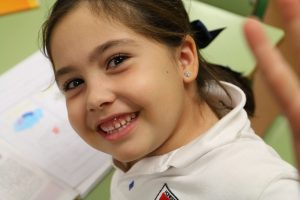 In Year 2, pupils have one class per week taught by a specialist teacher, in addition to the concepts that are integrated into the Spanish Language curriculum.
In Year 2, pupils have one class per week taught by a specialist teacher, in addition to the concepts that are integrated into the Spanish Language curriculum.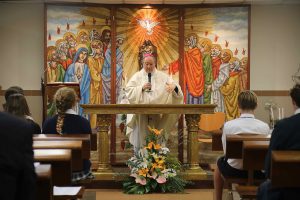
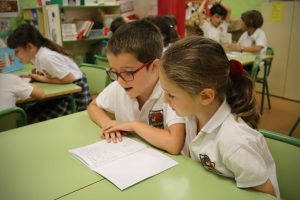 Our aim is for pupils of different nationalities to achieve a basic level of the Valencian language through a clearly communicative, practical and progressive approach, whilst respecting the pupils’ mother tongues.
Our aim is for pupils of different nationalities to achieve a basic level of the Valencian language through a clearly communicative, practical and progressive approach, whilst respecting the pupils’ mother tongues.

